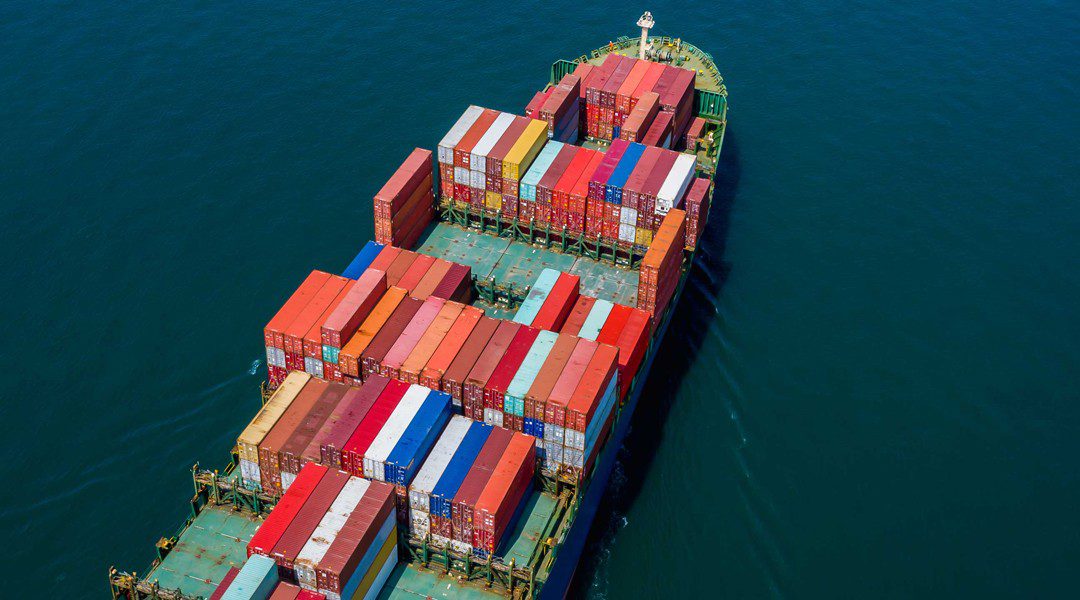Denmark, Flanders and Belgium have signed an agreement to cooperate on the transport of CO2 between the two countries with a view to permanent geological storage.
Besides the framework on carbon capture, utilization, and storage (CCUS) cooperation, the parties have concluded an arrangement on how cross-border CO2 transportation can take place under the London Protocol, which is said to have long been an unanswered question in the development of the international value chain.
Flemish Minister of Justice and Enforcement, Environment, Energy and Tourism Zuhal Demir, Belgium’s Minister of Justice Vincent Van Quickenborne and Danish Minister of Climate and Energy and Public Utilities Dan Jørgensen signed the declaration of intent on 13 September.
The deal is said to represent the first-ever such bilateral agreement.
Zopas tekende ik een overeenkomst met Denemarken (@DanJoergensen) om CO2-uitstoot af te vangen en op te slaan in hun onderzeese, lege gasvelden, samen met collega @Zu_Demir. Een technologie waar de chemiesector in Antwerpen een wereldwijde voortrekker van is. ? #CCUS pic. /Tmq8uNTb6z
— Vincent Van Quickenborne (@VincentVQ) September 13, 2022
The collaboration is part of the efforts to contribute to the EU goal of climate neutrality by 2050.
“This is big. By taking the first steps, Denmark and Belgium are paving the way for a model for cross-border transport of CO2with a view to permanent geological storage,” said Minister Jørgensen.
“Denmark has a strong desire not only to realize our own national goal of net zero by 2050 at the latest, but also to help create a greener Europe. With this scheme, we are one step closer to achieving this goal.”
The Intergovernmental Panel on Climate Change (IPCC) emphasizes that storing CO2is a key instrument for mitigating climate change as it can rid the atmosphere of greenhouse gas emissions that would otherwise be difficult to reduce.
According to IPCC, international transport is essential, as not all countries have the opportunity to store CO2and regional cooperation and cross-border infrastructure are crucial here.
The Danish governmentapproved fundingtotaling about $41 million for two CCS projects at the end of last year, which will use the existing oil and gas infrastructure in the North Sea, with a goal of supporting the country’s wider CO2 emission reduction targets for 2030 and beyond.
In June, the government signed a new political agreement with eight parties which implies that it will have a 20% co-ownership in future carbon storage licenses in the North Sea.
Coming from Belgium, it was recently reported that Belgian LNG terminal operator Fluxys and Norwegian energy giant Equinor agreed to develop a major CCS infrastructure project connecting the two countries.
It is to allow for transporting captured CO2 from emitters to safe storage sites in the North Sea. An investment decision is expected by 2025.






